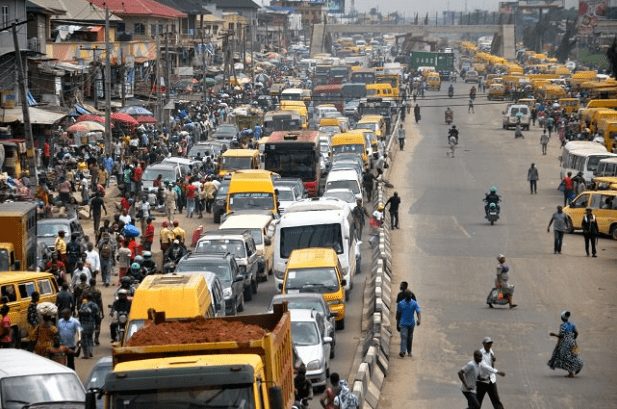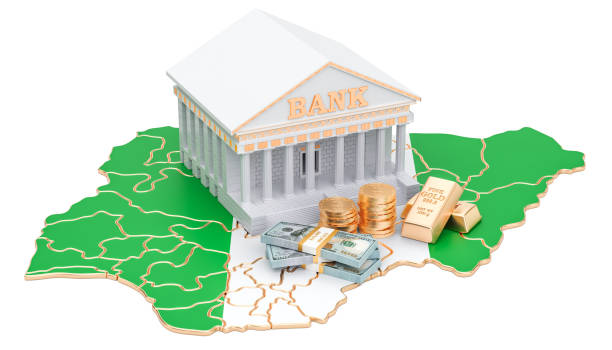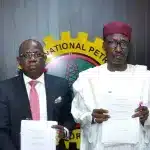Market Women and Transport Drivers Feel Strain Despite Petrol Price Reduction
Following the recent announcement of a new ex-depot petrol price by the Nigerian National Petroleum Company Limited (NNPCL) and the Independent Petroleum Marketers Association of Nigeria (IPMAN), discontent is brewing among market women, transport drivers, and Bolt drivers. The agreed price of N995 per litre is seen by many as an insufficient reduction, failing to meet the expectations of those struggling under the current economic hardship.
The Price Cut: Too Little, Too Late?
IPMAN’s President, Abubakar Maigandi, revealed that the price was reduced from N1,010 to N995 per litre in Lagos, where fuel loading is set to resume. This decision was expected to ease fuel availability across the country. However, for many Nigerians who rely on petrol for their daily livelihoods, the reduction seems inadequate in addressing the worsening economic conditions.
Join our WhatsApp ChannelMarket women, in particular, have been vocal about how the cost of transportation affects their businesses. With higher transportation costs due to fuel prices, they are forced to raise the prices of their goods, resulting in fewer customers. “We were hoping for a significant drop in the price of fuel to below N500, but N995 per litre still feels like a burden,” lamented Aisha, a tomato seller at the popular Oshodi Market in Lagos.
Transport Drivers Struggle to Stay Afloat
Bolt drivers and transporters across Nigeria share similar sentiments. Although the reduction in petrol price might seem like a positive step, many drivers argue that it does little to ease their financial struggles. The rising costs of vehicle maintenance, spare parts, and other essentials have made it nearly impossible for them to survive on current fares.
Kunle, a Bolt driver operating in Lagos, expressed his frustration: “The fuel price cut is not enough. We expected the price to drop more significantly, maybe back to around N600 per litre. Right now, we are still spending so much on fuel. It’s getting harder to make any profit.”
READ ALSO: Trekking Through Inflation: Nigerians Struggle With Rising Petrol Prices
Kunle further explained how the N995 per litre price still demands that he spends more on fuel than he earns in fares, forcing many drivers to reconsider staying in the ride-hailing business.
Market Reactions: A Continued Struggle
Market reactions to the new price reveal a mixture of anger, disappointment, and helplessness. Drivers, in particular, are displeased as they believe that the initial rise in petrol prices was already unjustified. They argue that the current reduction barely makes a difference and that the government’s intervention should have provided more relief.
Another transporter, Musa, explained how the high fuel costs have caused him to lose passengers: “Passengers now prefer to take cheaper, uncomfortable means of transportation just to save a few naira. The truth is, I cannot reduce my fare because the fuel I buy is still too expensive.”
Market women, too, feel the pinch, as the cost of transportation impacts their ability to restock their goods. One trader, Comfort, highlighted the difficulty: “Every time I go to buy goods, I have to pay more to transport them, and when I bring them back, my customers complain that I’m charging too much. It’s not our fault, we are just trying to survive.”
The Hardship Persists Despite the Reduction of Petrol Price
Despite the slight reduction in fuel prices, the economic hardship will persist for many Nigerians. The high cost of living continues to be exacerbated by inflation, rising food prices, and transportation costs. Many believe that the N995 per litre price does not reflect the real needs of the common man.
A Bolt driver in Ajao Estate, Michael, pointed out, “We were expecting better. What’s the use of reducing fuel by just a little when everything else is going up? We expected the government and NNPC to make a bigger change. For us, it’s business as usual—no real difference.”
As the country grapples with economic challenges, market women and transport drivers are pleading for more substantial intervention from the government. Many have called for an even larger reduction in fuel prices to bring about meaningful relief and to allow businesses to thrive once again.
Looking Ahead: A Call for Better Support
While negotiations between the oil marketers and Dangote refinery continue, Nigerians are left waiting for any glimmer of hope that further reductions or changes will be made to the fuel supply chain. For now, the consensus is clear—N995 per litre is not the solution many were hoping for.
“I don’t know how long we can keep this up,” said Kunle, shaking his head. “We are all feeling the pressure, and if things don’t change soon, many of us will have no choice but to park our cars.”
The voices of discontent continue to grow as market women, Bolt drivers, and other transport operators bear the brunt of economic hardship, expecting more from the government and fuel marketers in these difficult times. Only time will tell whether their concerns will be adequately addressed.
Emmanuel Ochayi is a journalist. He is a graduate of the University of Lagos, School of first choice and the nations pride. Emmanuel is keen on exploring writing angles in different areas, including Business, climate change, politics, Education, and others.



















Follow Us